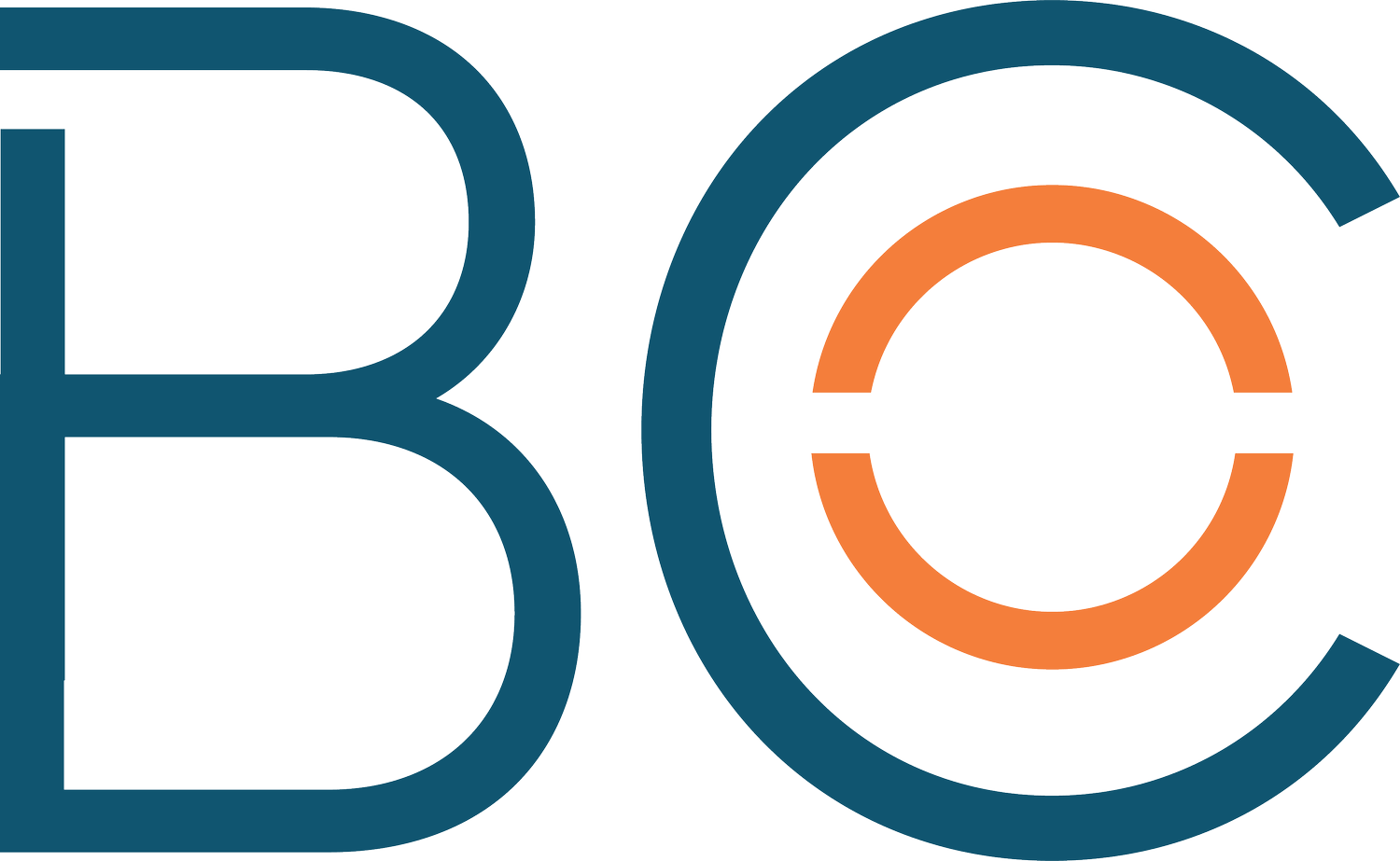The Power of Artificial Intelligence in Ecommerce
The Power of Artificial Intelligence in Ecommerce
You don’t need me to tell you that the future is bright for ecommerce. According to Shopify, worldwide ecommerce sales exceeded $3.5 trillion USD in 2019—an increase of nearly 18%—and are expected to double by 2023.
Partially due to this growth, ecommerce has become increasingly competitive. Brands are able to scale faster and grow more efficiently than ever. Plus, customers expect ease of use and best in class experiences across every brand category. With this comes the reality of the true—and often high—costs to run an ecommerce business. Now, it’s exceedingly important to be aware of operating costs.
Where can you best allocate resources while saving time and money?
What can you do to provide optimal experiences while increasing conversions?
How do you offer personalized product recommendations and find true and tested information to understand the best creative offerings?
The answer to these questions (and more) has become increasingly popular: Artificial intelligence (AI). Over the last few years, we’ve seen ecommerce businesses adopt AI technologies into their processes. In fact, businesses are expected to spend more than $15.4 billion on AI and process automation expenses by 2021. And they’re seeing results.
Below, we’ll navigate just a few key areas where AI has increased conversions, decreased support costs, and boosted overall revenue lift in the ecommerce industry.
Merchandising
In the past, apparel companies often hired a team to analyze daily sell-through, remerchandise product, and to make guesses as to what consumers may or may not be interested in. While AI hasn’t replaced these roles completely, the technology has streamlined these tasks.
Artificial intelligence can now provide a solution by learning individual and group customer behavior to automatically remerchandise collections based on behaviors like shopping and user history. While a buying and analytical team member is typically still necessary, the merchandising aspect of the businesses can be automated—all while increasing conversions!
Product Recommendations
It is industry standard to recommend products to shoppers. This is a no brainer. However, as we look more deeply into product recommendations, we find ourselves analyzing which criteria we have that help us understand what a customer may or may not be interested in. For example, your company may offer sweaters and tank tops. In this case, you can recommend sweaters to customers in northern regions and tank tops to customers in southern regions.
AI can do just that for you. Automated tools can provide personalized recommendations based on customer tastes, preferences, and demographics. In turn, you can make the most of the customer data you’re already collecting.
Creative Testing
Have you found yourself spending time and resources on beautiful creative that may not convert as well as expected? While punchy copy and enticing imagery may get approved internally, it can drain advertising budgets if it’s not resonating with your audience.
That’s why it’s essential to understand what your customers respond best to—including color, font size, CTA placement, video vs. static content, and more. AI is your partner and can serve two versions of creative to users, test true data, and understand what receives best the responses and conversions. Once you nail down your creative, AI is also able to serve differing customer groups (say, by region) personalized creative. This removes the guesswork and makes the most of your resources to create striking content that’s more likely to convert.
Want to learn more about how AI can benefit your ecommerce business? Contact us today to discuss how automation can benefit your organization.

